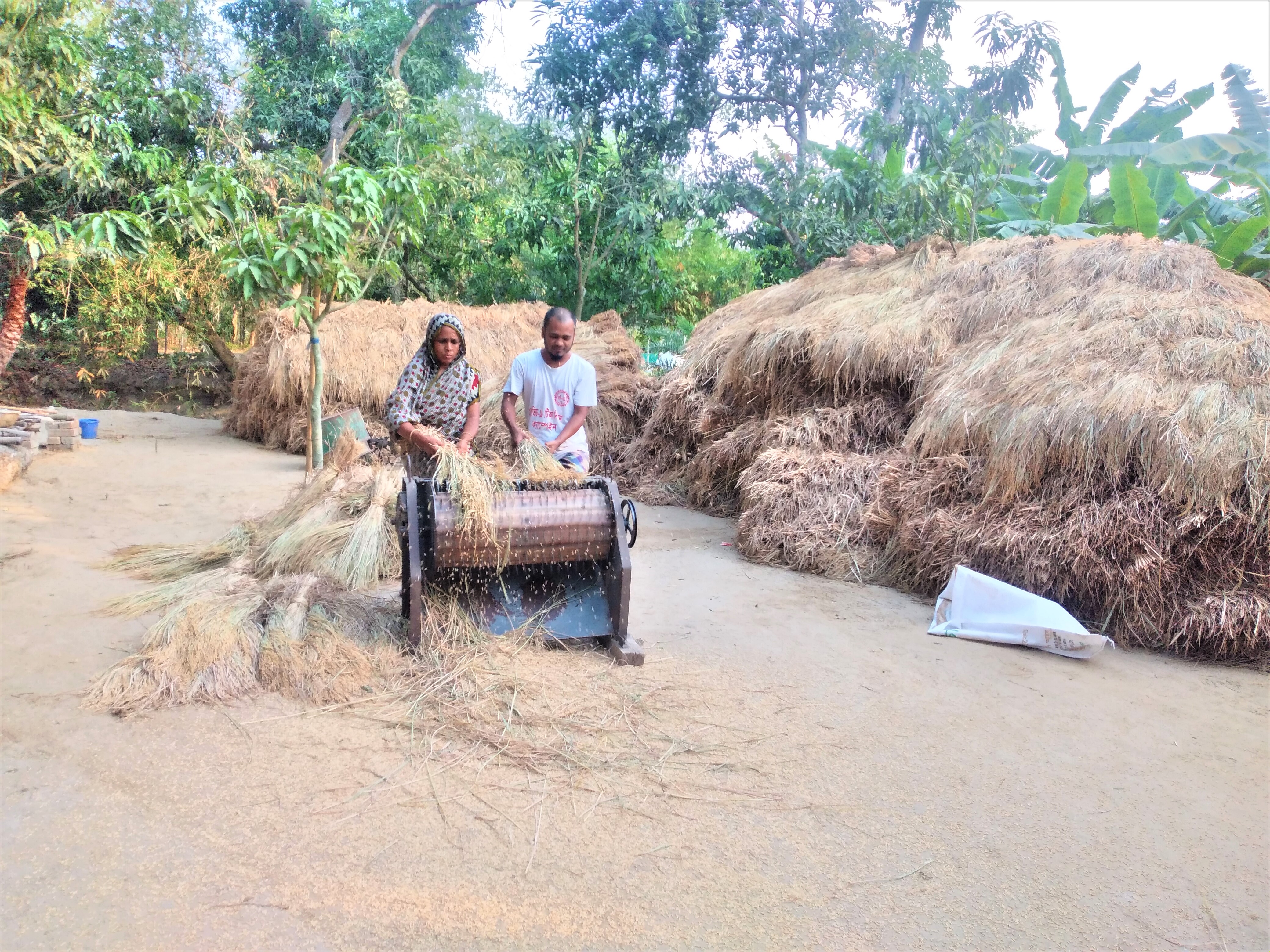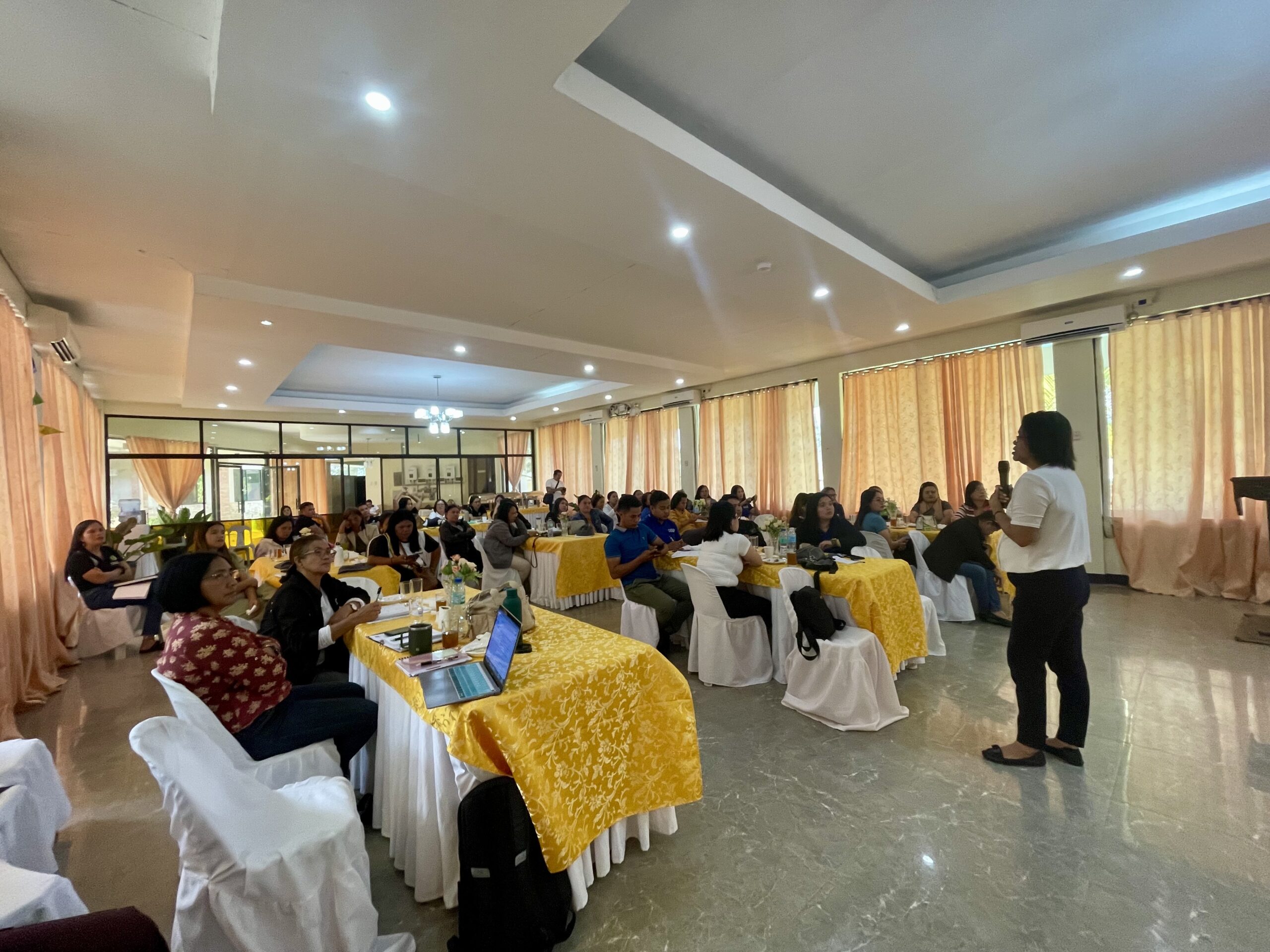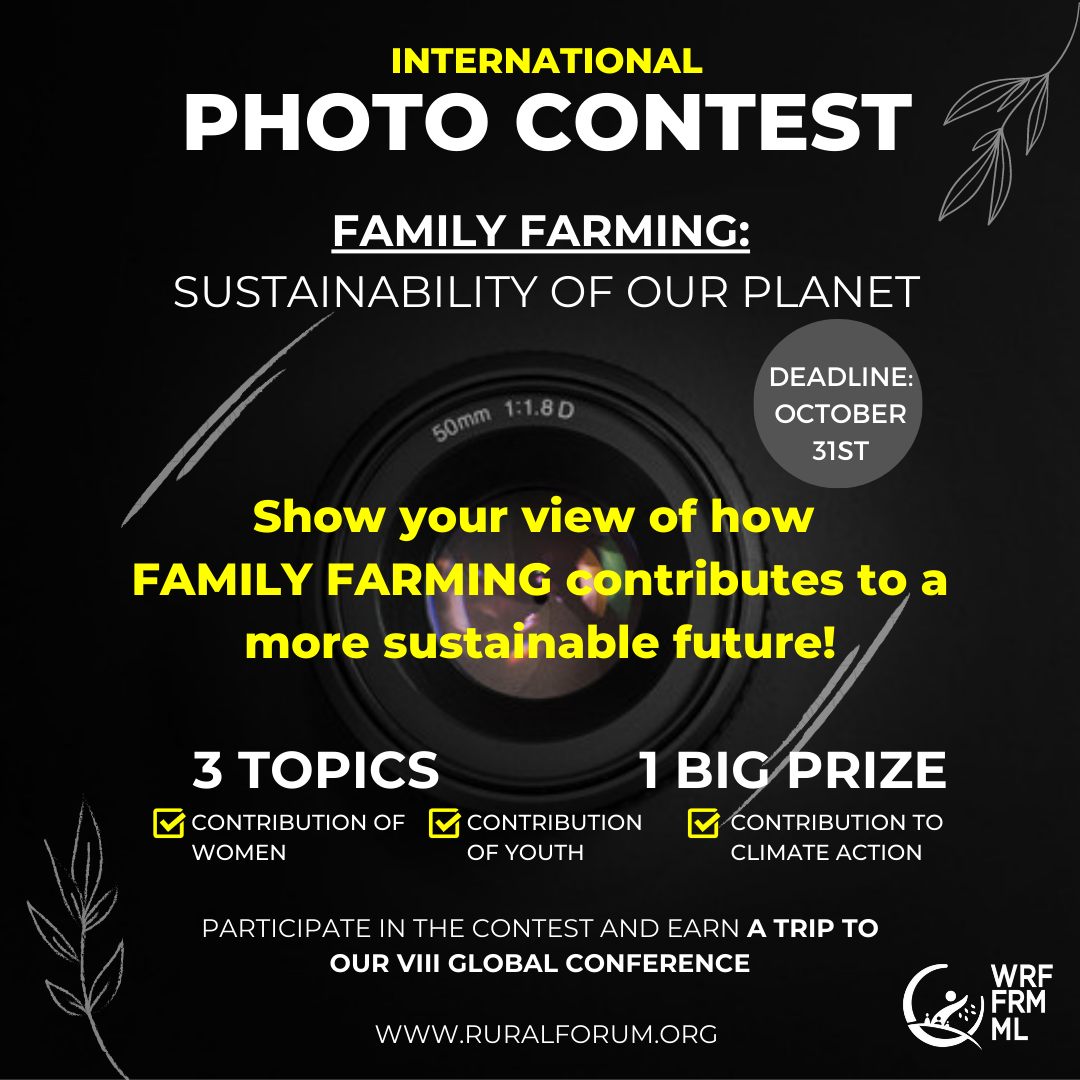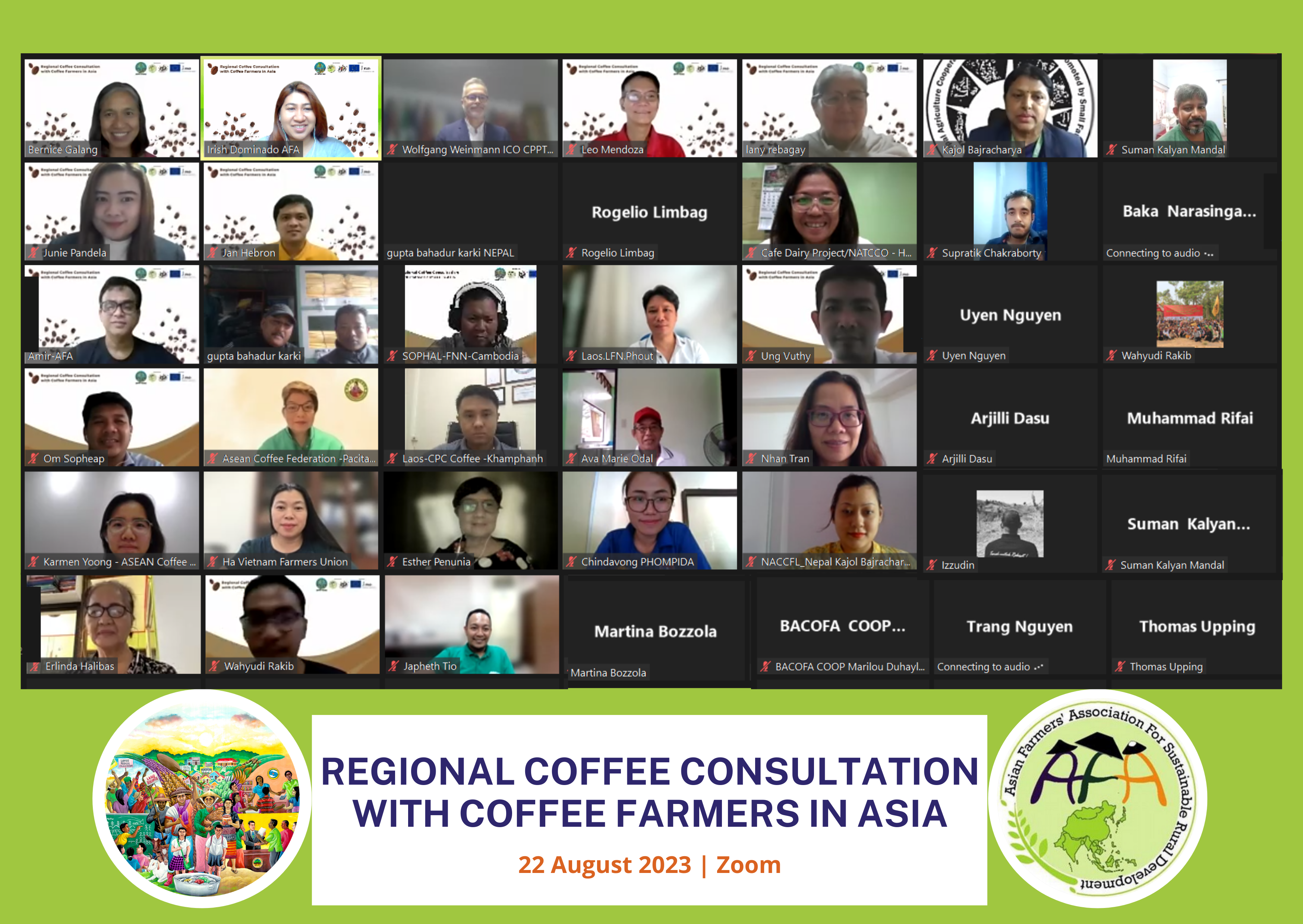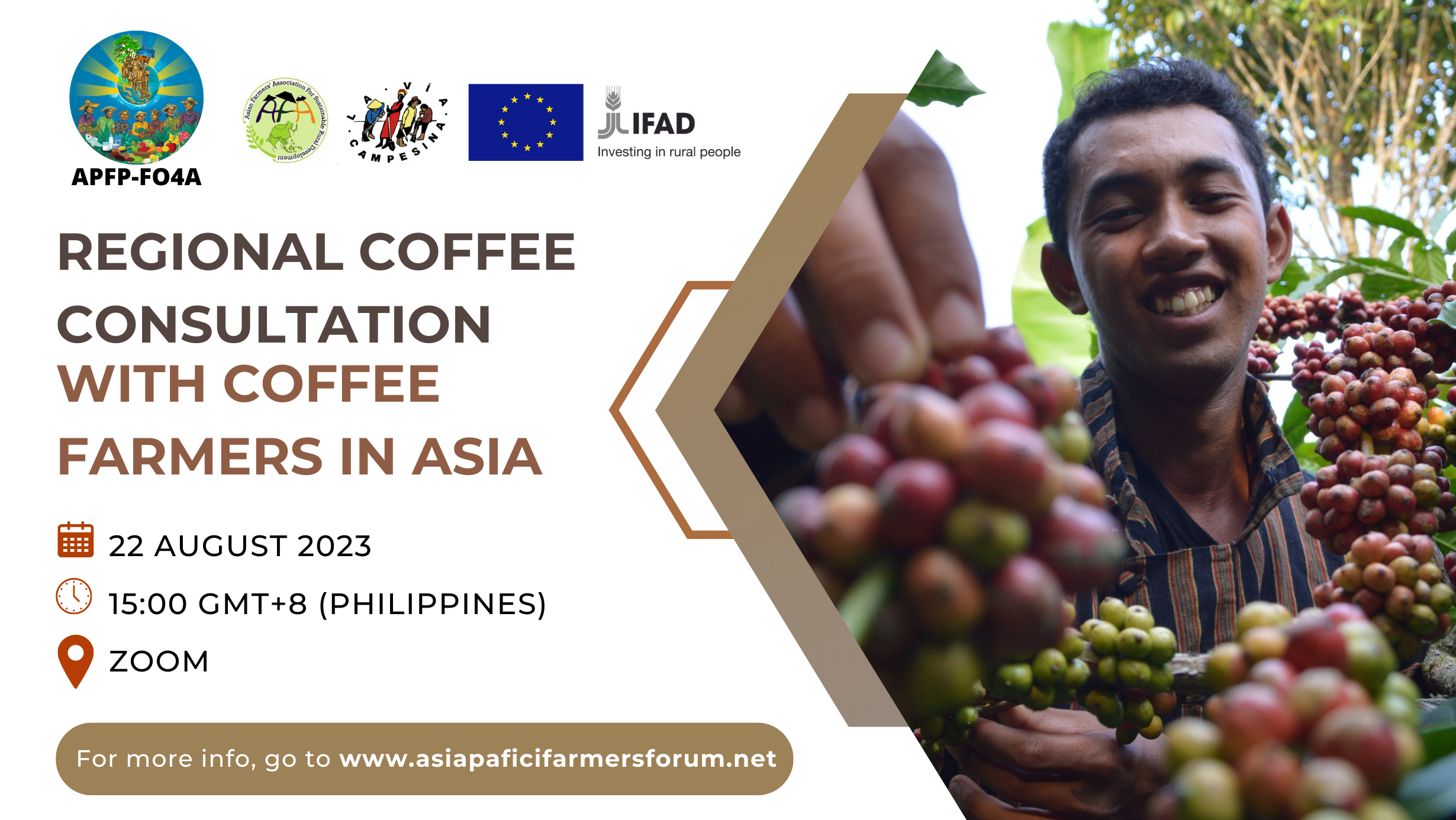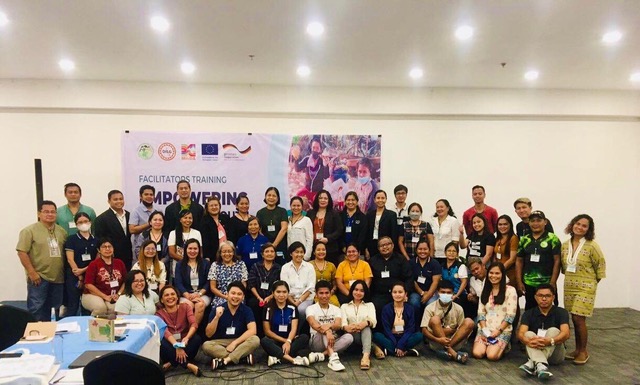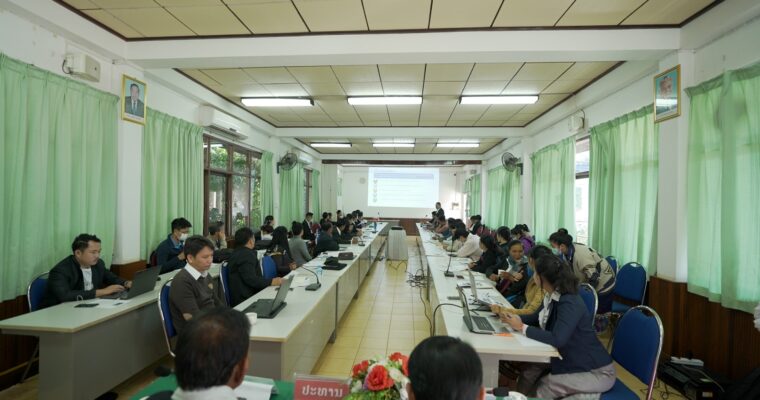The $250,000 World Food Prize, considered by many the Nobel Prize of food and agriculture, was awarded today to an Indian scientist credited with launching a "blue revolution" (a rapid increase in fish production) in the developing world.
Modadugu Gupta has spent 30 years creating a cheap and ecologically sustainable system of small-scale fish-farming using abandoned ditches and seasonally flooded fields and water holes smaller than the average swimming pool.
One of the important recent concepts in agricultural development has been the concern for sustainability. This concern originated with the high tech, high input and high yielding systems of the developed world and its meaning and appropriateness to the developing world. The presentation represents some reflections on the application of sustainability to the developing countries of Asia.
Sustainable agriculture is defined as agriculture that balances the need for essential agricultural commodities such as food, fibre, etc. with the necessity of protecting the physical environment and public health, the foundation of agriculture.
For photography enthusiasts, family farming advocates and environment-lovers! We are delighted to announce the International Photo Contest organized by the […]
Introduction We, the members and partners of the Asian Farmers’ Association for Sustainable Rural Development (AFA), representing the small-scale […]
The Asian Farmers’ Association for Sustainable Rural Development (AFA), a network of family farmer organizations representing around 12 million farmers […]
May 31, 2023. The Asian Farmers’ Association for Sustainable Rural Development (AFA) started its first of a series of Mindanao-wide […]
The Lao Farmer Network (LFN) organized a policy dialogue on the topic of bank account opening for farmers’ organizations on […]


